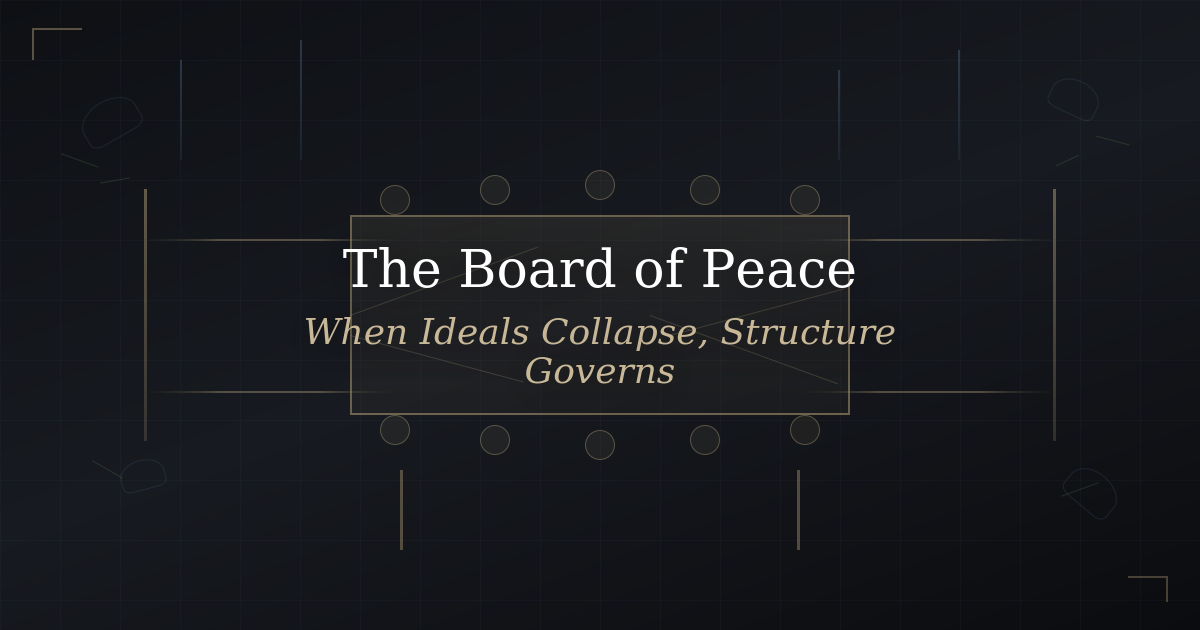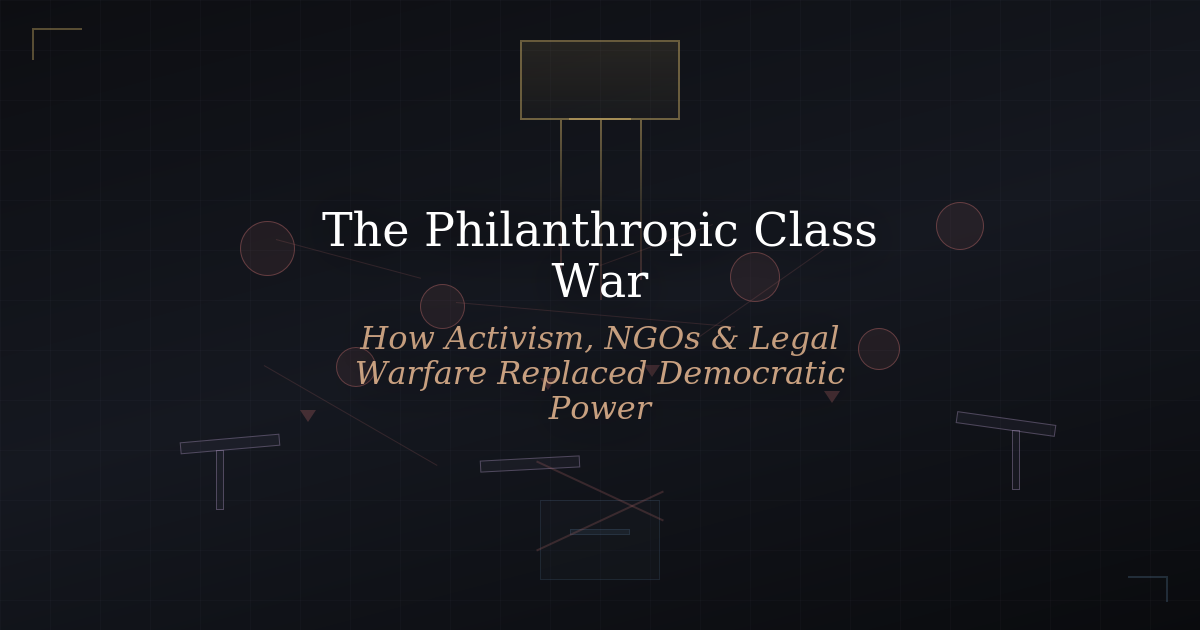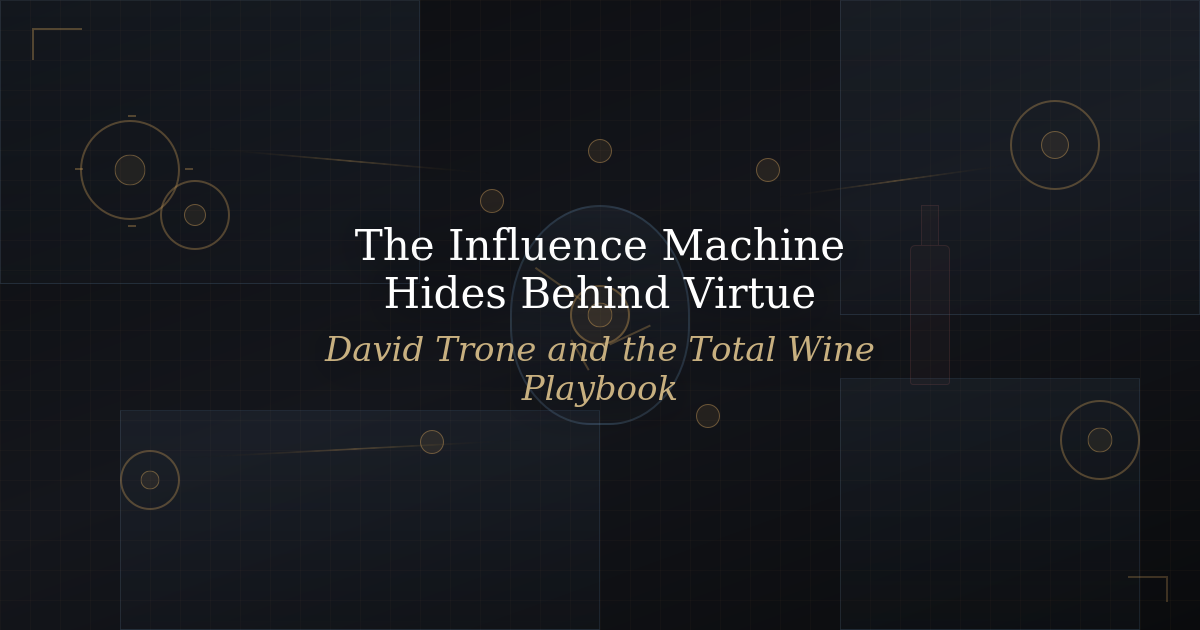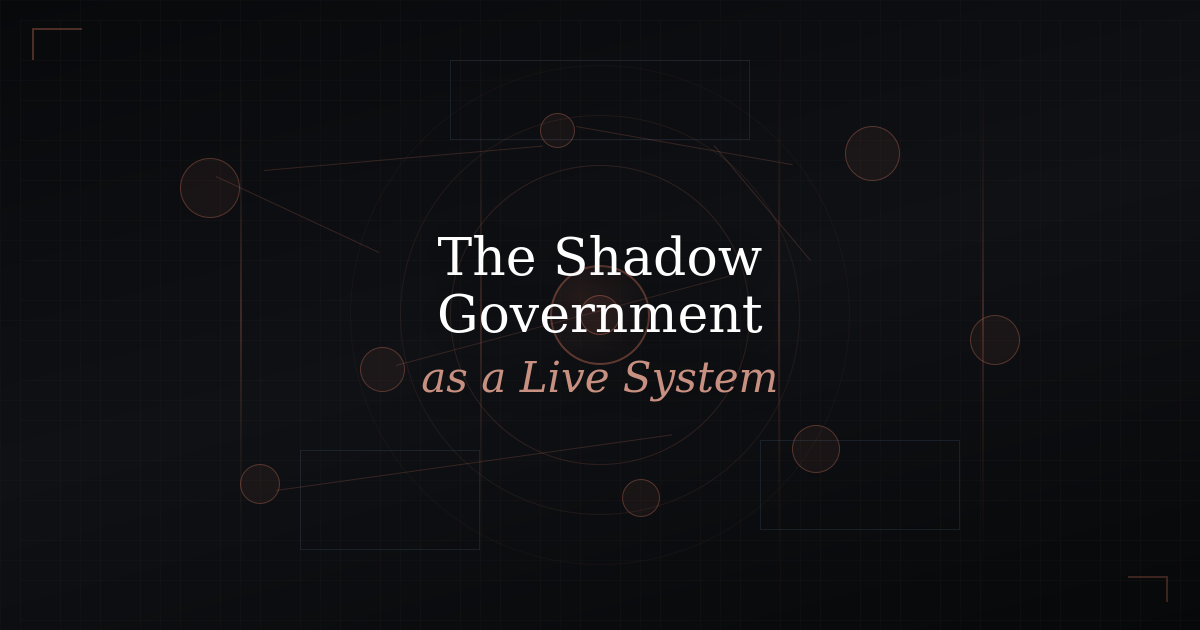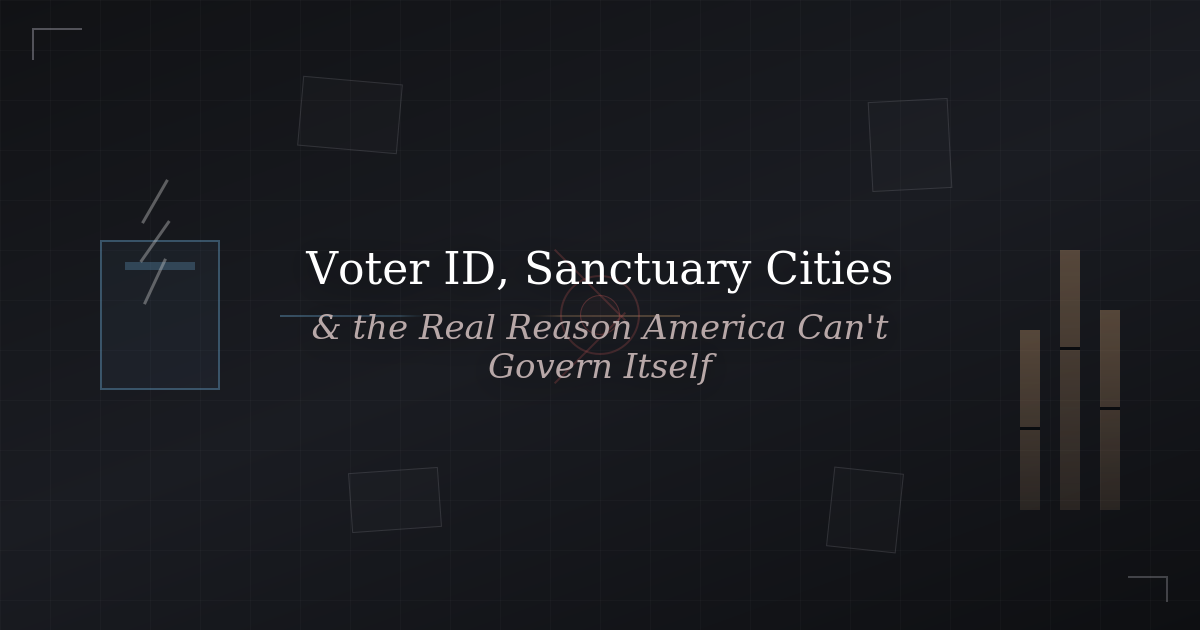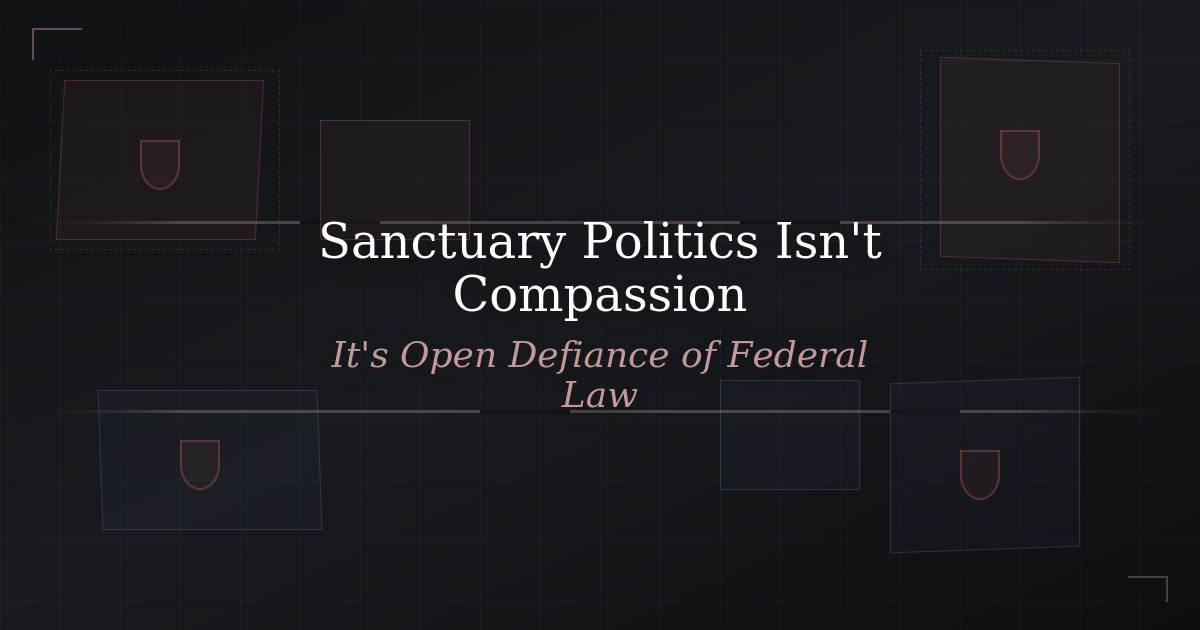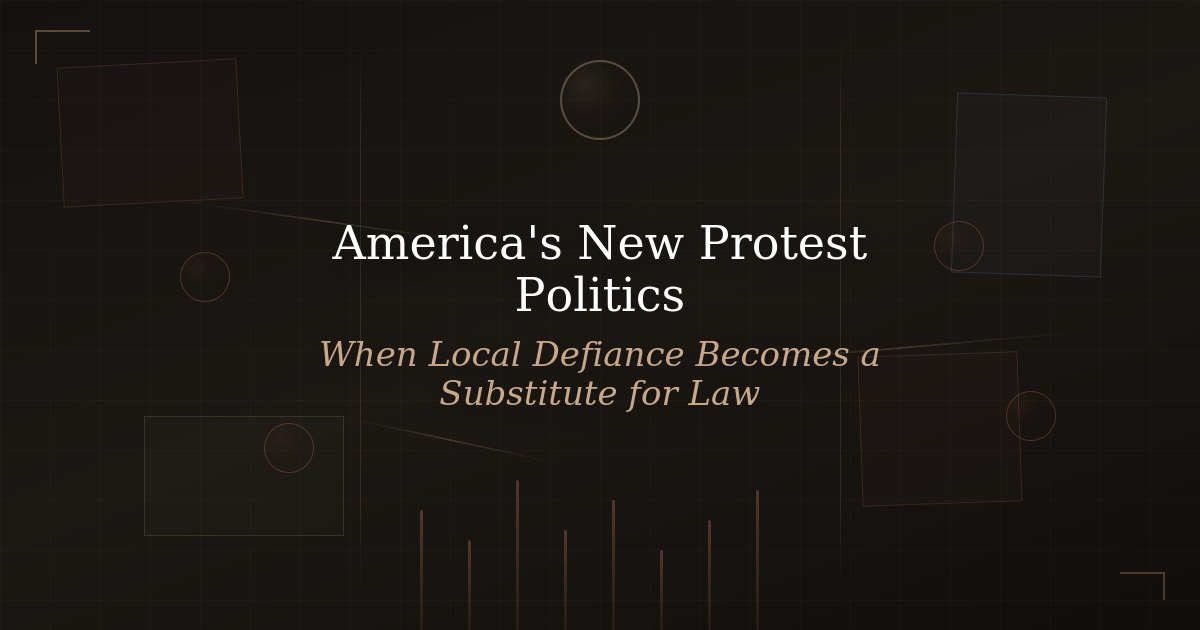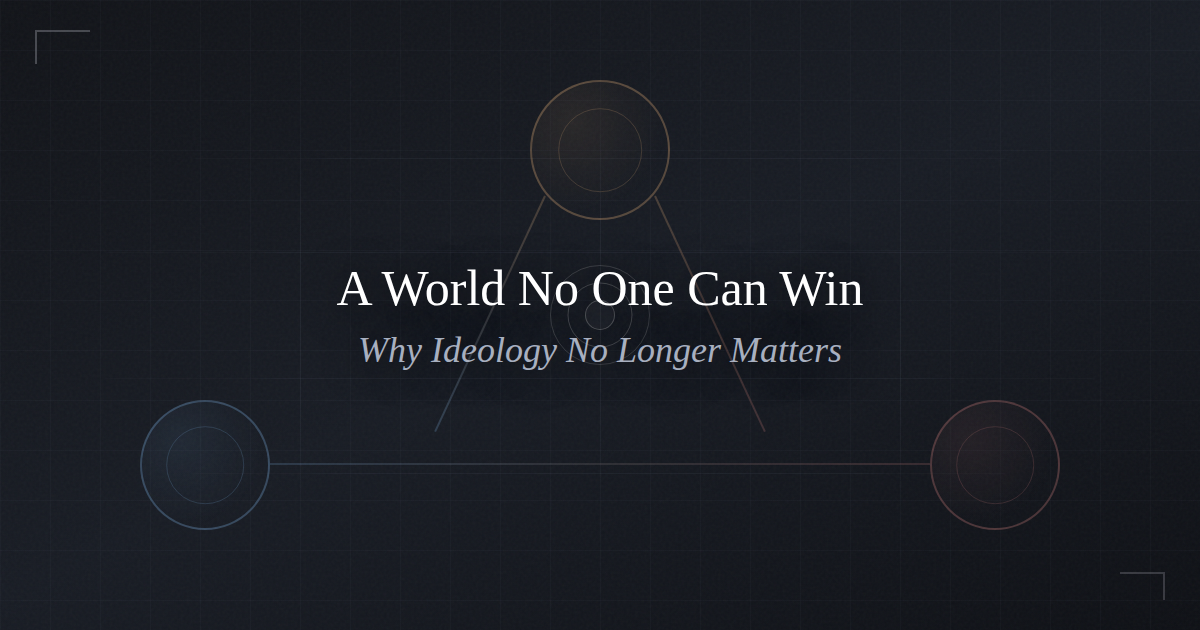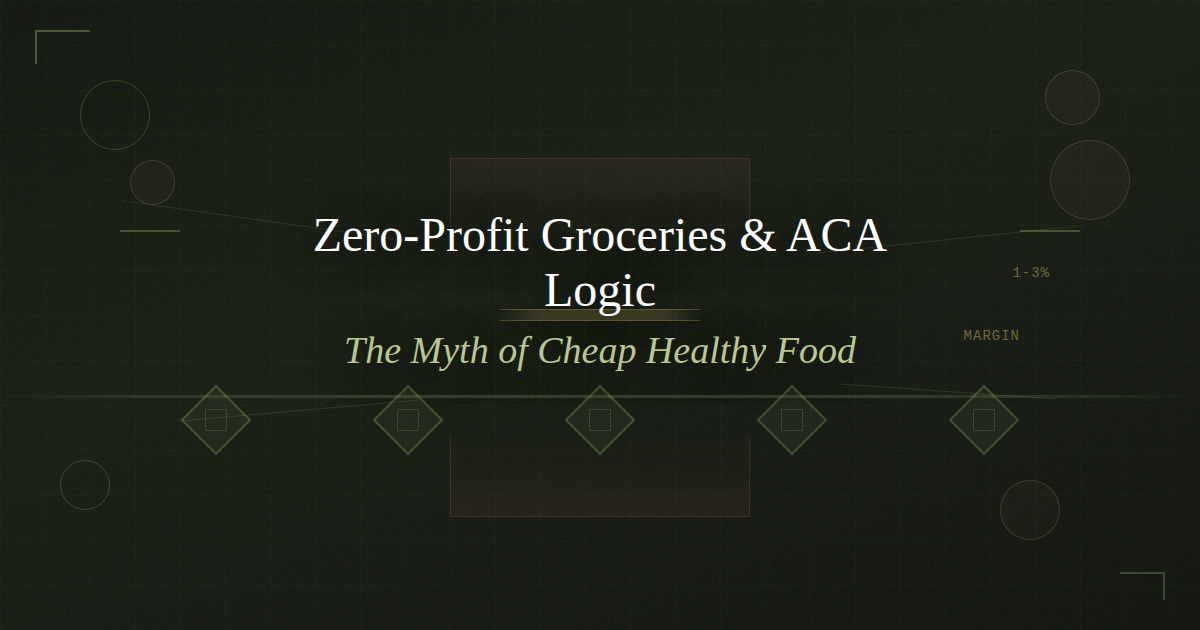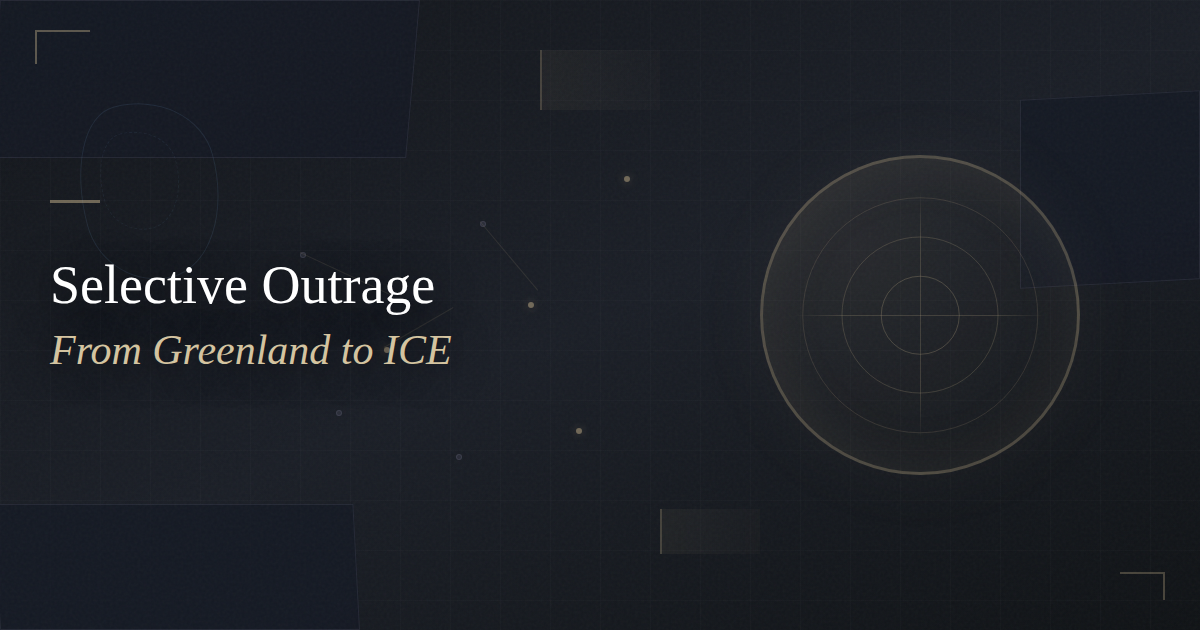Geo-Political Focus January 2025 - Shifts in Power as we Enter the New Year
Geopolitical Shifts, Leadership Legacies, and the Challenges Ahead in 2025
The world is on red alert: Trump is coming, and there is no stopping him now—not even Judge Merchan. He can only elevate his status. China appears to be in a wait-and-see mode, Russia is likely preparing for the end or war, while Zelensky is left to count the dead and the damage. It may return to the 2022 scenario, when Boris Johnson was Biden's scapegoat to derail a potential peace deal. The Gaza conflict seems to be in its final days, with negotiations becoming more advanced, and hostages are most likely to be released on January 20 or 21—at least, those still alive. What remains? The Panama Canal and Greenland could be a start. Perhaps Canada’s Trudeau has already surrendered. Fantasy land? Maybe, but we’ll certainly see progress around the globe.
The complexity of Russia leaves one wondering how it holds together. What would happen if it all broke into independent states? We often question the hardliners in Russia, but we jail January 6 participants as well—people accused of cleaning their hands on a police uniform?
Russia is divided into 83 regions, or "subjects of the Federation." The Russian Federation consists of 21 republics, 9 territories, 46 regions, 1 autonomous region, 4 autonomous districts, and 2 federally subordinate cities: Moscow and St. Petersburg. Moscow, the capital, has a population of around 10 million. These regions are administratively equal, yet some have greater authority than others. The Russian Federation is the world’s largest federal state, encompassing over 100 different nationalities and ethnicities.
Biden has finally realized that he will no longer be president on January 21, so he is actively trying to leave a legacy. Building walls, but not in the right places? More criminals from Venezuela and elsewhere will enter. Zelensky got another piece of our deficit and still dreams he can push the Russians out of Ukraine. At least Trump critics are correct—he did not end the war on day one. Perhaps Biden will study anthropology and explore his form of democracy.
Some view Greenland as a block of ice , a relic of European colonial power. Yet, if you look at a global map , you’ll see how easy it would be for Russia or China to plant a flag there. Despite Denmark's NATO membership, the U.S. would likely lead its defense. Here’s another opinion.
Speaking of China, what might work in Taiwan could also work in Greenland. Peace through strength is only effective if diplomacy does not fail. Otherwise, in a world of expansion, wars become everyone’s game .
What about Italy? With Ms. Meloni (labeled a Nazi in the European press) visiting Mar-a-Lago to meet Trump and Musk , some people are crying foul. What’s so wrong about it? Biden’s alliance in the Ukraine war—including Scholz, Macron, and their compliant fear-mongering circle, warning of a Russian invasion of Europe—has approval ratings below 30% and has lost public confidence. Perhaps aligning with Trump might be a good idea going forward. At least some Italian journalists see Trump as more hero than zero. But in Italy, politics and soccer produce 60 million experts and opinions. Read their writings here (translated).
Sanctions, like peace through strength, only work if they are enforceable. In the case of Russia, global alliances have shifted from West to East, rendering sanctions ineffective. They can only succeed by isolating a country, which is impossible with Russia. Oil and gas revenues continue to fuel the war , raising costs for the West with no end in sight. The death toll could approach 1–1.5 million in 2025 if nothing stops the madness.
Tariffs, perhaps? The Chinese automotive industry is booming, with exports climbing 20% in 2024 , expanding globally. The U.S. auto industry remains competitive, but Europe, particularly Germany, is struggling. While Europe criticizes U.S. sanctions, it is now introducing tariffs on Chinese cars. Here’s a global perspective , though it may not reflect the latest updates.
Global trade policies profoundly impact the automotive sector, influencing production, supply chains, market access, and competitiveness. Tariffs, trade agreements, supply chain disruptions, currency fluctuations, geopolitical risks, and environmental and labor standards all play a role in shaping the success of automakers. Companies that navigate these challenges effectively and leverage opportunities for innovation will thrive in the rapidly changing global landscape.
What is the U.S.’s long-term policy with South America? Historically, interventions against communism have had lasting impacts . The new president may aim to mend fences and establish cooperative trade relationships rather than sending CIA agents to destabilize regimes. Legalizing certain drugs domestically may even create a medical market in South America. For a broader historical context, read about U.S. interventions . Perhaps better days lie ahead.
Since the 19th century, the U.S. government has actively participated in the replacement of foreign governments. From the Spanish-American War to actions in Latin America, the U.S. has shaped governments globally. In the 20th century, interventions extended to neighbors like Hawaii, Panama, Nicaragua, Mexico, Haiti, and the Dominican Republic.
Trump’s focus on the Western Hemisphere is unmistakable. While dismissing U.S. interests in post-civil war Syria and vowing to mediate a swift resolution to the Russia-Ukraine war, he prioritized U.S.-Mexico border security, Greenland’s strategic importance, and the Panama Canal. His administration featured a strong focus on Latin America through ambassadorial appointments and regional envoys, institutionalizing a focus on the southern border within national security.
In the Gaza deal, Trump likely won’t receive much credit, but he may have frightened Iran and its allies enough to reconsider their strategies. His presence on the world stage contrasts sharply with Blinken’s weeks of efforts. Though Sullivan might claim credit for the Gaza agreement, the region remains volatile.
The primary goal of his 11 previous trips to the region since the Israel-Hamas war began in October 2023 was securing a ceasefire in Gaza that resulted in the release of remaining hostages.
Progress made in talks over Israel-Hamas ceasefire and hostage release, officials say
Now, suddenly, that wasn’t his priority and was being handled by President Joe Biden’s national security adviser, Jake Sullivan , who traveled to Israel, Egypt, and Qatar this past week. Blinken said he used his own meetings to press forward on a ceasefire deal.
Biden’s team is running out of time to cement a legacy in the Middle East after drawing widespread criticism for turning a blind eye to Israel’s military conduct and its treatment of civilians in Gaza. They did succeed in helping lead a push for a ceasefire between Israel and Hezbollah in Lebanon that, while tenuous, is holding.
While hopes remain for concluding a Gaza ceasefire by the time Biden leaves the White House, helping shape a new Syria may prove to be lower-hanging fruit.
Europe’s Trump allies may not occupy traditional powerhouses, but with the likely shift to Trump’s policies—Biden once called Trump a Nazi, a label that lingers in Europe for anyone not far left—Austria may see Herbert Kickl in leadership. Italy has Meloni , France sees growing influence from Le Pen , and Georgia elected a pro-Russia president. Meanwhile, Croatia and England have strong pro-Trump contenders. Given this, why would Trump prioritize Germany , where the current coalition opposes democratic norms and pursues a destructive agenda? Trump likely sees greater opportunities in the Southern Hemisphere.
The collapse of South Korea in 2025 would destabilize the region, especially for North-South relations . Amid political turmoil and China-Taiwan tensions, perhaps Japan could be a stabilizing factor .
Europe’s dream for a green competitive edge remains in the fantasies of some EU officials. Critics claim Trump would harm the planet, but ironically, Biden, seen as a green revolutionary, has sold more oil and gas to Europe than the U.S. ever did before.
A veteran climate official, Ribera oversees a "clean, just, and competitive transition" away from the EU’s fossil fuel economy. Ribera also manages the EU division responsible for state aid and antitrust policy. On paper, this makes Ribera one of the most influential EU executives ever to sit in the Berlaymont.
It’s always good to have honest neighbors and friends who share their insights . While comparing the U.S. to the Roman Empire may be a stretch, there are still lessons worth considering.
What happened to Trudeau? Was he shocked by the idea of becoming a governor of the United States ? Or did he see the writing on the wall, realizing his governance might end poorly? At least some Canadians seem to have awakened. Read more here .
Trudeau has transitioned from a lame-duck leader to a political casualty. Donald Trump, soon to be inaugurated, has no intention of backing down on his pledge to impose tough tariffs on Canadian trade. Trump has shown little regard for Trudeau, making concessions unlikely in future negotiations.
The new NATO boss is asking European allies to prioritize defense spending over social security and welfare. This is a challenge in Europe’s struggling economic system, which remains dependent on U.S. support for its defense. Instead of isolating Russia, a better strategy might involve integrating Russia into Europe, avoiding a China-Russia alliance reminiscent of the USSR.
In 2012, Toscani created a calendar for a leather consortium in Florence, featuring bold images of human anatomy. "Photography is ethical engagement. I don’t care about photographic aesthetics," Toscani once said. Asked how he would like to be remembered, he replied, "For the entirety of my work. It is not one image that makes history, but an ethical, aesthetic, and political choice in one’s work."
And so Biden visits the Pope to pray for peace . This may be the most hypocritical gesture of his presidency, akin to a posthumous confession. Offering the Pope the Medal of Freedom as a "prayer of repentance" for the proxy war in Ukraine adds to the irony, placing Liz Cheney’s stance into perspective.

